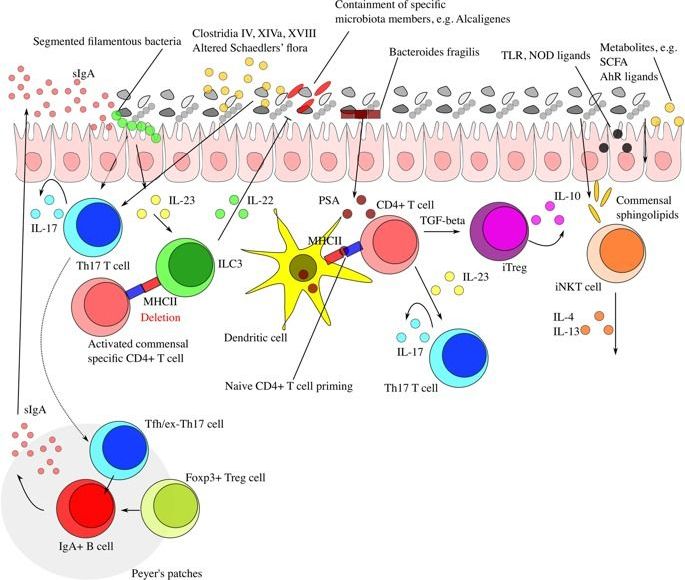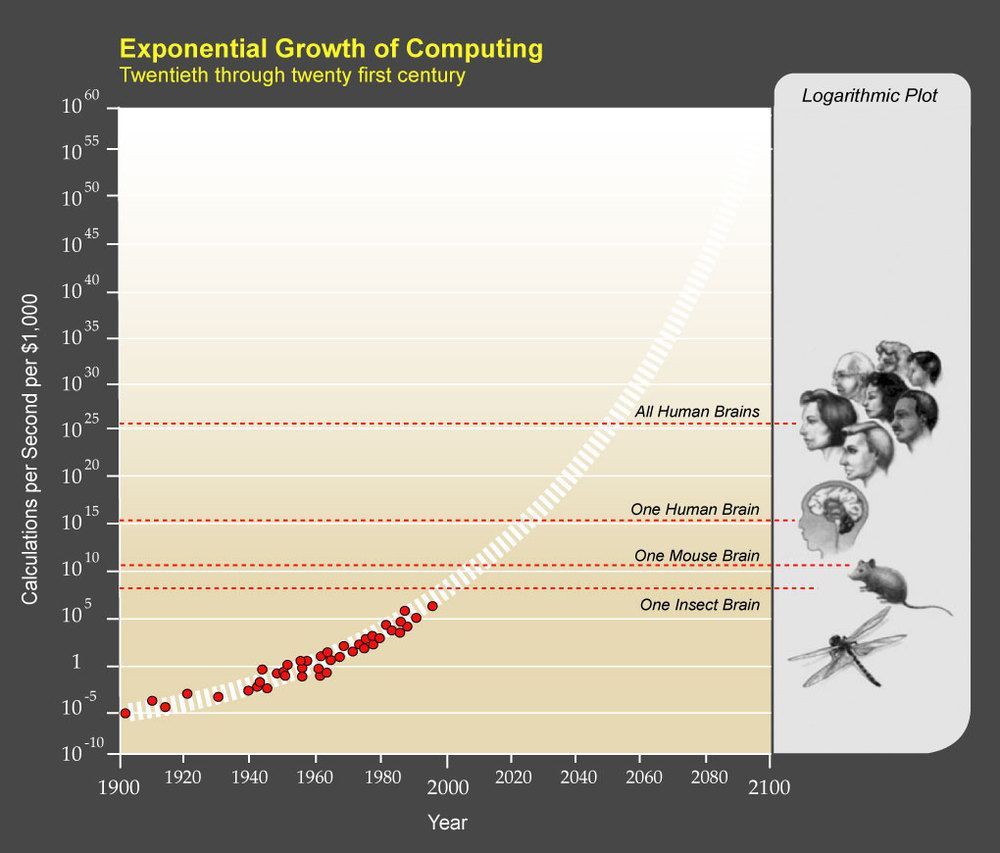If you’re interested in superlongevity and cognitive enhancement, I have a YouTube video to recommend. Our good friend, Ira Pastor, on his excellent podcast ideaXme, discusses with Dr. Rudolph Tanzi the topic of inflammaging, specifically brain inflammation, plaque, tau tangles, brain health, and Alzheimer’s disease. Then they discuss some emergent therapies to prevent Alzheimer’s by protecting the neurons.
The discussion is concise and complete, but also very easy to follow.
Ira Pastor, ideaXme life sciences ambassador, interviews Dr. Rudolph Tanzi, Joseph P. and Rose F. Kennedy Professor of Neurology at Harvard University, Vice-Chair of Neurology, Director of the Genetics and Aging Research Unit, and Co-Director of the Henry and Allison McCance Center for Brain Health at Massachusetts General Hospital.
Ira Pastor Comments
On this episode we are going to journey back to the topic of Alzheimer’s, a disease of substantial unmet medical need, projected to affect over a 100 million people globally by mid century.







